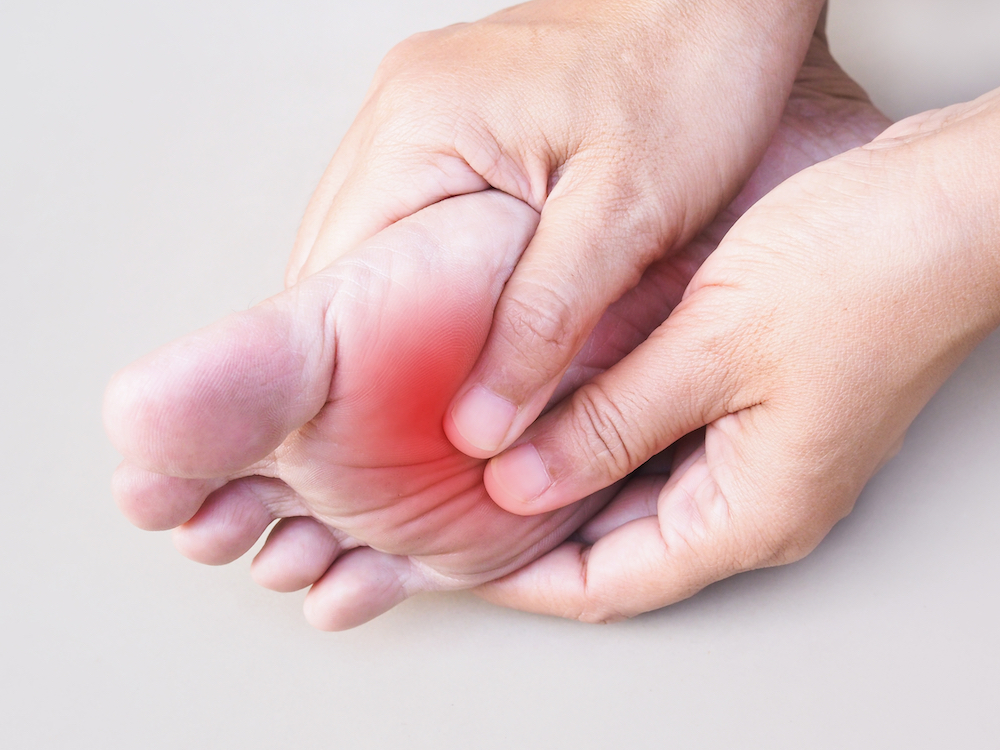
Peripheral neuropathy can affect different body functions and areas of the body. It can affect circulation, urination, and digestion, besides causing pain, numbness, and weakness. The peripheral nervous system handles the sending of information from the spinal cord and brain to the rest of the body.
What Is Peripheral Neuropathy?
To understand this condition, you need to break down its name. In this case, peripheral means something beyond the spinal cord and brain. Neuro refers to the nerves, while pathy means disease. Peripheral neuropathy refers to various conditions resulting from damage to peripheral nerves. These nerves carry information to and from the spinal cord and brain to the rest of the body.
More than 20 million people in the U.S. suffer from peripheral neuropathy. It can cause distorted/inappropriate signals or a loss of normal nerve signals. Furthermore, it can affect various areas of the body in different ways. It can also affect one or more nerves at the same time.
What Are Peripheral Nerves?
These are the nerves connecting the spinal cord and brain to the internal organs, skin, and muscles. Arranged along lines in the body known as dermatomes, these nerves originate from the spinal cord.
Damage to peripheral nerves will affect one or more dermatomes. This interrupts the communication between the brain and other parts of the body. This interruption can lead to impaired muscle movement and pain. It can also cause an abnormal sensation in the legs and arms.
Symptoms
Symptoms of peripheral neuropathy vary. According to researchers, there are about 100 different types of neuropathies. Medical professionals classify them into three main categories. Each of these categories comes with its own set of symptoms. The three main types are sensory neuropathy, autonomic neuropathy, and motor neuropathy.
Symptoms of Sensory Neuropathy
This type of neuropathy affects the sensory nerves. It impacts the sensations of temperature, touch, and pain. If you have this type of neuropathy, you might experience various symptoms. Some of these include a decreased sensation of touch and vibration. Others include an inability to feel pain, increased pain, and hypersensitivity.
You may also experience a decreased ability to detect temperature changes and difficulty with balance and coordination. You may also experience shooting, burning, boring, or stabbing pains, which tend to worsen at night.
Symptoms of Autonomic Neuropathy
This type of neuropathy affects processes that your brain controls involuntarily. Some of the symptoms of autonomic neuropathy include the following:
Heat intolerance
Difficulty swallowing
Problems with sweating
Issues with bladder and bowel control
Blood pressure problems
Symptoms of Motor Neuropathy
Motor neuropathy affects the muscles that your brain controls consciously. Some of the symptoms you may experience include muscle shrinking, weakness, and twitching. Others include foot drop and paralysis.
These symptoms can cause significant challenges in your daily life. Some of these include difficulty walking or even sleeping due to the pain in your legs and feet. They may also signal several other health conditions. So, you need to tell your doctor about them to help him/her determine the appropriate treatment.
For more on peripheral neuropathy, contact Pleasant Life Chiropractic at our office in Charleston, South Carolina. You can call (843) 428-7900 today to schedule an appointment.
© Intellectual Property of ChiroEdge




